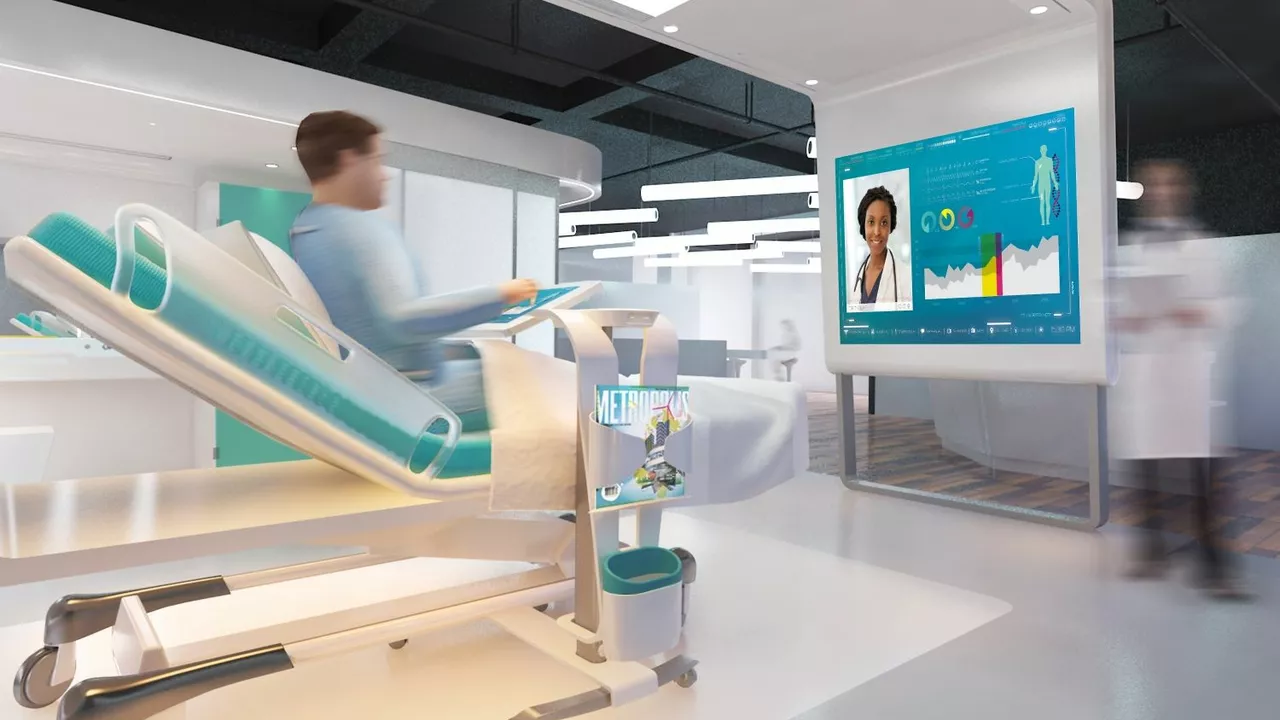Understanding Motion Sickness: The Basics
Before we dive into the future of motion sickness treatment, let's first understand what motion sickness is. Motion sickness, also known as kinetosis, is a condition where there's a disagreement between visually perceived movement and the vestibular system's sense of movement. In other words, it's what happens when your brain gets confused by conflicting information from your eyes, ears, and other body parts about whether you are moving or stationary.
Common symptoms include dizziness, nausea, and sometimes vomiting. It's a common condition that can affect anyone, although some people are more susceptible than others. It can be triggered by various forms of travel - car, plane, train, or boat, and it can also occur during virtual reality experiences or while watching certain types of movies or shows.
Current Approaches to Motion Sickness Treatment
The treatment for motion sickness currently involves both non-pharmacological and pharmacological interventions. Non-pharmacological treatments include watching the horizon, minimizing head movement, and avoiding reading or screen use while in motion. In some cases, ginger or acupressure wristbands are also used.
Pharmacological treatments usually involve over-the-counter or prescription medications. These medications work by calming the nerve signals to your brain that interpret motion. However, they often have side effects like drowsiness or dry mouth, and they don't work for everyone.
The Role of Technology in Motion Sickness Treatment
Technology has always played a crucial role in healthcare, and the treatment of motion sickness is no exception. Virtual reality (VR), for example, has been used in the treatment of various conditions including motion sickness. By providing a controlled environment, VR can be used to desensitize individuals to motion, helping decrease the severity of their symptoms.
Another technological intervention being explored is transcranial direct current stimulation (tDCS). This involves using a low-intensity electric current to stimulate certain areas of the brain, potentially reducing the symptoms of motion sickness.
Future Pharmaceutical Interventions
Research into new drugs for motion sickness is ongoing, with the aim of finding more effective and side-effect-free treatments. Some promising areas of research include drugs that target specific neurotransmitters in the brain, and gene therapy to make individuals less susceptible to motion sickness.
However, these potential treatments are still in the early stages of research, and it will be some time before they are available to the general public. Nevertheless, the future looks promising for those who suffer from motion sickness.
The Role of Genetics in Motion Sickness
There's a growing body of evidence suggesting that genetics may play a role in motion sickness. Some people seem to be more susceptible to it than others, and this susceptibility appears to run in families. Understanding the genetic factors that contribute to motion sickness could lead to more effective treatments in the future.
Research in this area is still in the early stages, but it's an exciting field that could lead to significant advancements in our understanding and treatment of motion sickness.
Preventive Measures for Motion Sickness
While the future of motion sickness treatment is promising, prevention is still the best approach. This can involve simple measures such as choosing the right seat on a vehicle, avoiding certain foods and drinks before travel, and focusing your gaze on the horizon.
For those who are particularly susceptible to motion sickness, it's worth considering additional preventive measures like wearing acupressure wristbands or taking medication before travel.
Concluding Thoughts: A Hopeful Future
While motion sickness is a common and often frustrating condition, the future of its treatment looks hopeful. With ongoing research into new pharmaceutical interventions, technological solutions, and genetic factors, there's reason to be optimistic that more effective and personalized treatments are on the horizon.
Until then, preventive measures and current treatments remain the best way to manage motion sickness. Remember, it's always worth discussing your symptoms and treatment options with a healthcare professional if you're struggling with motion sickness.

